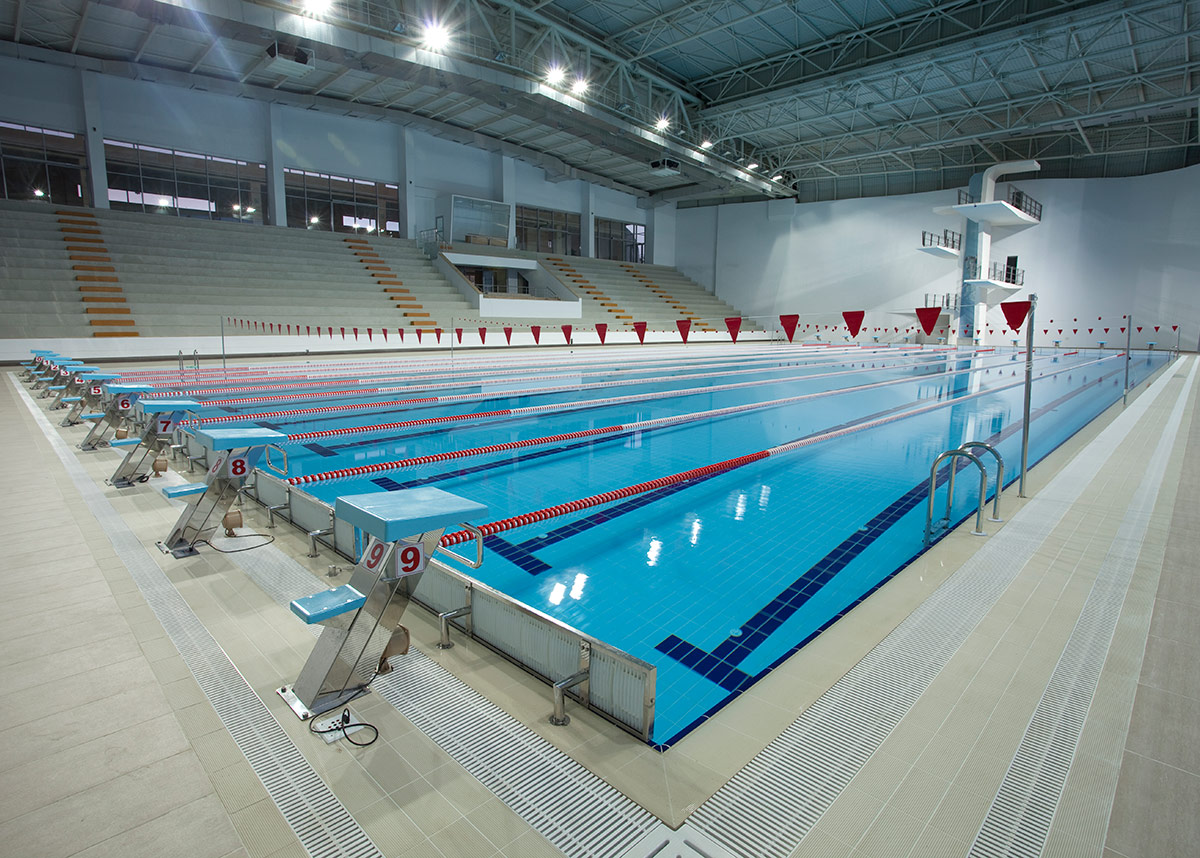When sports interpreting goes wrong

22 Nov 2019
Last week Sun Yang, one of China’s biggest Olympic stars, fought for the right to compete at Tokyo 2020, at the Court of Arbitration for Sport after being accused of an earlier doping offence. The outcome has not yet been made public, however what was apparent at the hearing was the poor quality of interpreting.
At times, Sun Yang appeared evasive, but could it just have been that he was misunderstood? It was reported that the translation problems began almost immediately and it was clear at times that much of the testimony and questions were miscommunicated, with judges and lawyers expressing their frustrations.
The BBC reported that Iain Meakin, the swimmer’s lawyer, said, “If you want him to answer the question, the translation must be correct”, when referring to a WADA question which had been translated into Chinese as “200 millilitres of blood” instead of “200 times”.
Then on Saturday in a separate incident, during a pre-match football media conference in Azerbaijan’s capital of Baku, the Wales squad were involved in another interpreting farce. A UEFA- appointed interpreter for the pre-match interview with Azerbaijan was removed almost on the spot by the Welsh FA over concerns about her knowledge and experience, particularly after asking Ryan Giggs, “Who is Gareth Bale?”.
It’s the second Euro 2020 qualifier, where Wales has encountered trouble with interpreting. The first was in Cardiff last month after a Croatian interpreter was deemed not good enough.
It’s apparent that the globalisation of sport has led to a surge in demand for quality translation and interpreting across a variety of languages. Advances in technology have meant global tournaments like the Olympics now attract a level of participation and fan interaction that was unthinkable 20 years ago. This has seen an increased need not only for localised marketing materials, but also for legislation and regulatory requirements, just like in Sun Yang’s doping trial.
Translation and interpreting across multiple languages enables fans and athletes across the world to engage with a global audience like never before. International sporting federations such as FIFA and the IOC (International Olympic Committee) understand just how important translation and interpreting services are in hosting successful sporting events. It’s been widely reported in the press that FIFA translates some three million words, every year for their official languages, which include French, German, Spanish and English. This example highlights the extent of the sports translation industry and the magnitude of what might happen if you get it wrong.
History is littered with poor examples of when translation and interpreting goes wrong. This can often ruin marketing campaigns, destroy reputations and even lead to court cases and the world of sport is no different. The fight against anti-doping, corruption and the development of sports on an international scale rely on top-level language services, carried out by real experts with the highest levels of accuracy and confidentiality.
It can be difficult to find a quality sports translation provider, as we’ve witnessed in the cases of Sun Yang and Ryan Giggs. Having the right experience and subject area knowledge is essential, as are the strictest confidential procedures. Using a sports specialist language provider who understands the sporting culture, rules and regulations is vital to avoid any errors.
At Intonation, we always advise our clients to do their research and check their agency’s credentials before working with them. Furthermore, check their level of experience within the sporting world itself. We ensure that all of our translators and interpreters are native speakers, with a minimum of five years’ experience in sports translation and interpreting. Our dedicated team are fully equipped to handle complex sports language projects.